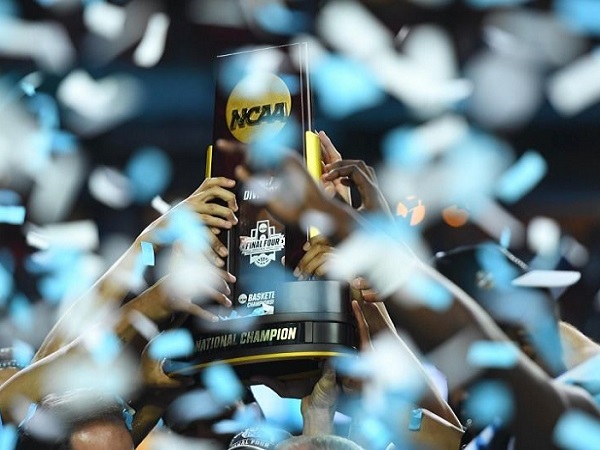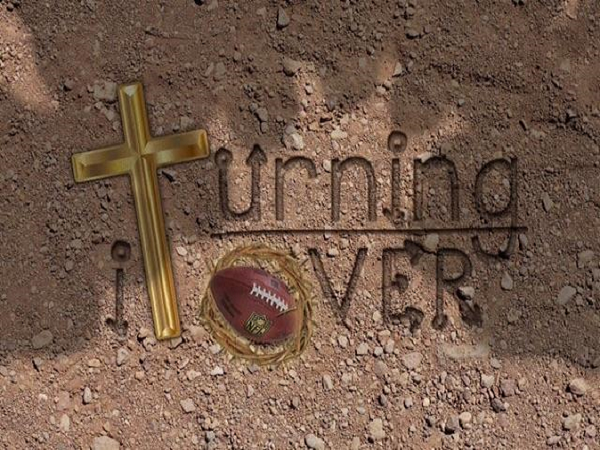An “NFT” is a non-fungible token (NFT) that is backed by blockchain technology to confirm its source and authenticity. An NFT is a digital version of traditionally copyrightable material. However, the artwork, audio, video, video game, or creative work is owned and controlled by the person(s)/entity that holds the digital receipt (e.g., the proof of ownership). Imagine making a deposit into your bank account. The account will show who made deposits and when. If you remove one of the deposits, it changes the balance of the account. However, with an NFT the “balance of the account” never changes and only the owner controls the digital copy.
Blockchain technology, the brains behind the NFT authenticity guarantee, is like the sequence of every humans Deoxyribonucleic acid (DNA) chain or strand. The differences in sequences between humans is an astronomical number just as NFTs can represent the amount of artwork in the history of the world that has been and will be created. However, if you remove one part in the chain of the DNA (a nucleotide from a gene), it alters the outcome, the balance of the account, and output of proteins and appearance of genes. Similarly, if a part of the NFT chain of ownership is altered, the entire digital receipt is compromised.
Why NFTs? Beyond the growth of technology and innovation, there are three business changes and needs that have made NFTs more available and prevalent.
Social media and internet searches have made images too easily accessible
The thousands of pictures in our phones and posts on social media make it increasingly difficult to find photos and images. Some mobile phone tools allow for organization, but of course there is a lack of authenticity once something is shared on social media and appears in Google “Images”. Having access to information is a good thing, but having verified information (or an NFT backed by blockchain technology) is even better. Blockchain is a digital stamp of approval of NFT authenticity.
The need to diversify assets, revenue-making, and social media engagement opportunities
Businesses in general must adapt to survive, but more specifically they need to find ways to bring in different sources of revenue. NFTs are an immediate and somewhat logical next step to the internet and social media explosion in the distribution of content. Photographers are already at entertainment, media, sports, and related events. There is also art in many of the activities and things we do, but the market will decide what the monetary value is of the thing being “tokenized” (e.g., asset tokenization). Asset tokenization allows for specificity and authenticity to be added to digital art. The token/NFT can now be shared regardless of monetary value with the knowledge that its ownership and indeed copyright is more easily protected.
The acceleration of the move to digital, away from paper and plastic
The pandemic accelerated the move to digital. A call for safety and security will continue that push to include physical (tangible) and digital assets (e.g., tickets, swag, gifts, bobbleheads, and/or rewards, etc.) for events and the like. NCAA sponsors for March Madness have already had to move to digital with less fans in attendance, but imagine NFT opportunities for college athletes during the name, image, and likeness (NIL) age. Imagine NFT opportunities for EA Sports video games, college athletes, and college sports. Imagine NFTs for music concerts. The younger generation has shown its interest in continuing for a push of more ownership in what they watch and do, maybe NFTs provide for that additional ownership. The increase in gaming during 2020 was significant, so like NFTS digital is a growing area, but again there is caution and uncertainty with NFTs, just like there is with SPACs and sports gambling.
For more on the above topics, please join Jeremy Evans on his weekly “Bleav in Sports Law” podcast, where he welcomes Matt Lee, Sports Partnerships at Instagram, Carly Tower, Client Services at Altius Sports Partners, and Teri Carson, Assistant Director of Compliance at UCLA Athletics, discussing NIL and social media in college sports for episode 13 (season 3), followed by Wally Crittenden, the Assistant Athletic Director at Stephen F. Austin State University, the first college to release an NFT, discussing NFTs, NIL, blockchain, and monetization in college sports for episode 14 (season 3). Episodes go live on Mondays. California Sports Lawyer® (www.CSLlegal.com).
























